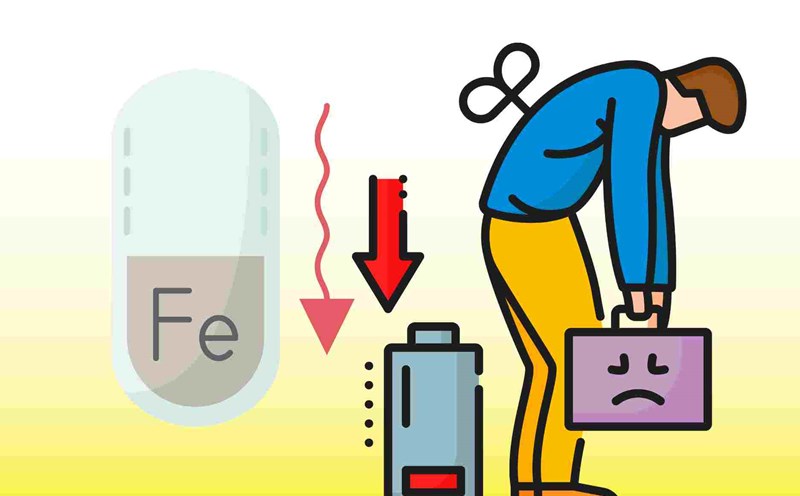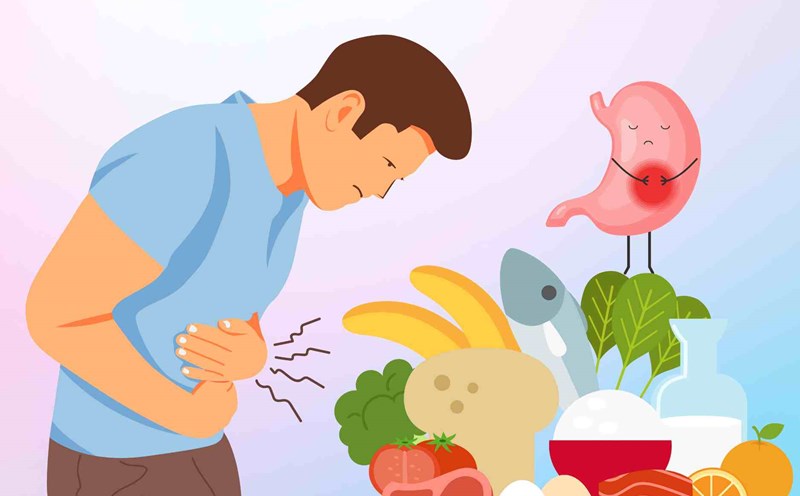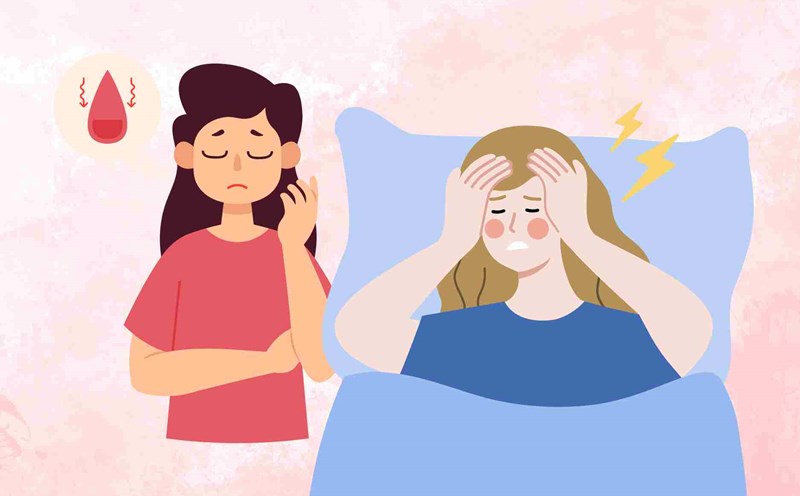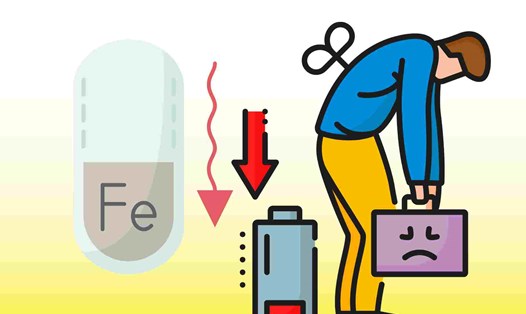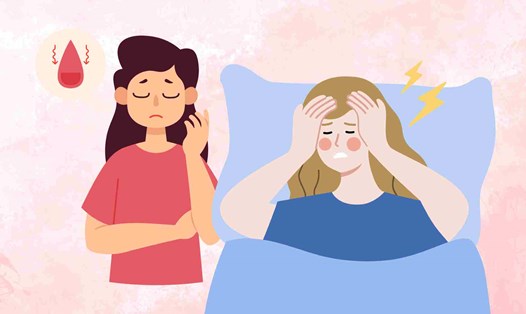According to statistics from the General Internal Medicine Department - Thu Duc City Hospital, each month, the unit recorded more than 50 new cases diagnosed with iron deficiency anemia, mainly at a mild level. Notably, among the cases, women aged 18-45 accounted for 50%. This is a number that reflects the general trend of disease-prone people in the world.
Doctor Bang Phuc Hau - General Internal Medicine Department of Thu Duc City Hospital - said that the main cause of the increase in diseases is unscientific dietary habits, heavy menstruation and gynecological problems in young women. Notably, the disease trend is also increasing in the post-COVID-19 group due to prolonged absorption disorders and weakness.
Iron deficiency anemia often starts silently with non-specific symptoms such as fatigue, dizziness, and difficulty concentrating. As the disease progresses, the patient may experience gray skin, pale mucous membranes, brittle nails with spoons, hair loss, rapid heartbeat and difficulty breathing when trying. In particular, some cases also have pica syndrome - cravings for strange things such as soil and stone.
To diagnose and determine, doctors often prescribe tests such as a blood formula to assess anemia level, serum ferritin to check iron reserve and transferrin saturatation (TSAT) to assess the ability to transport iron in the body.
Treatment should be personalized for each subject, especially pregnant women need to supplement 30-60 mg of iron per day with folic acid. For the elderly, the cause of gastrointestinal bleeding needs to be carefully examined before treatment.
To effectively prevent, people need to build a balanced diet, increase iron-rich foods such as red meat, liver, eggs and supplement vitamin C to increase the ability to absorb iron. Avoid drinking tea and coffee immediately after meals because it can affect iron absorption.
In addition, regular health check-ups are also important, especially for women of reproductive age and the elderly.
"People should not be subjective with the initial signs of the disease. In particular, pregnant and lactating women need to follow the iron supplement regimen as instructed by the doctor. When there are suspicious symptoms, you should go to a medical facility immediately for timely examination and treatment" - Dr. Phuc Hau recommends.

